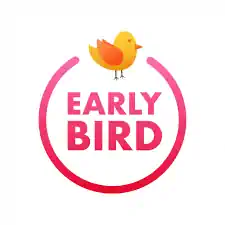Learners read texts of 30 words gradually progressing to phrasal reading and fluency.
Variations to this suggestion should be made by giving longer texts with more phrases in cases where learners easily read decodable and non-decodable words. This is intended to take care of differentiated curriculum and learning. For those struggling with non- decodable words and phrases, shorter texts of about 20 words with more decodable words could be given to support them .
Specific Learning Outcomes
By the end of the sub strand, the learner should be able to:-
- read a text of about thirty (30) words containing decodable and non-decodable words, in phrases, in preparation for fluent reading,
- observe basic punctuation marks (comma, full stop and question marks as they read for coherence,
- read about thirty (30) words accurately per minute for fluency,
- appreciate reading connected words for meaning.
Suggested Learning Experiences
- In groups, learners practice reading aloud while observing punctuation as modelled by the teacher and independently.
- In pairs, learners practice reading decodable and nondecodable words in isolation.
- In small groups, learners practice reading unfamiliar sentences containing decodable and non-decodable words.
- Learners read writings on the school walls, posters and bill boards in the surrounding environment.
Key Inquiry Question(s)
- What do you do when you cannot read some words in a sentence?
- What do you do when reading a long word?
Core Competences to be developed: Communication and collaboration and self-efficacy.
Link to PCIs: (Effective communication, through reading aloud)
Links to other subjects All, because they can read words in other subjects.
Suggested non-formal activity to support learning: Use available reading resources at home e.g. newspapers to pick out words which can be easily read.
Suggested Learning Resources: Realia, charts, pictures/ photographs ,newspaper cuttings.
Link to Values: Unity (Reading in pairs)
Suggested Community Service Learning activities: Help members of the community to read words.
Suggested assessment: Oral questions, portfolio, observation
Suggested Formative Assessment Rubric
Exceeding Expectation
Learner consistently applies a variety of skills to read a wide range of words without letter- sound correspondence.
Meeting Expectation
Learner applies a variety of skills to read a wide range of words without letter- sound correspondence.
Approaching Expectation
Learner sometimes applies a variety of skills to read words without letter- sound correspondence.
Below Expectation
Learner rarely applies a variety of skills to read words without letter- sound correspondence.
